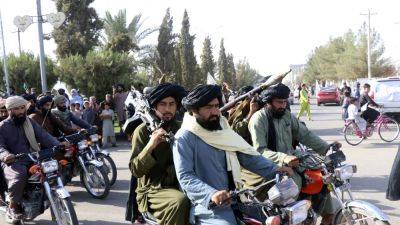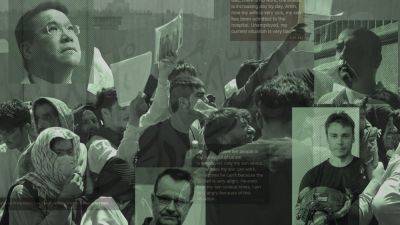Afghan Women and their plight
August 29, 2024
NEW DELHI – The Taliban’s announcement banning women’s voices and bare faces in public marks another troubling chapter in the erosion of women’s rights in Afghanistan. This move, framed as part of the regime’s effort to promote virtue and eliminate vice, is a stark reminder of the Taliban’s determination to enforce a rigid and oppressive interpretation of Islamic law that systematically marginalises women. At the heart of these new laws is a belief that women’s voices and presence in public spaces are inherently problematic, even dangerous.
By deeming a woman’s voice intimate and forbidding it from being heard in public settings ~ whether through singing, reciting, or reading aloud ~ the Taliban is effectively silencing half the population. This is not just an attack on women’s rights; it is an assault on Afghanistan’s cultural and social fabric. The voice is a fundamental part of human expression, and to silence women in this way is to erase their contributions to public discourse, art, and even religion. The mandate for women to cover their faces and bodies at all times when in public adds another layer of oppression.
The justification that such measures are necessary to prevent temptation is deeply rooted in a patriarchal mindset that views women primarily as sources of moral danger, rather than as autonomous individuals with rights and agency. This not only dehumanises women but also reinforces harmful gender stereotypes that further entrench inequality. These restrictions are part of a broader set of laws that aim to control every aspect of daily life in Afghanistan. The bans on music, the prohibition of mixed-gender interactions, and the restrictions on women travelling alone all contribute to a







